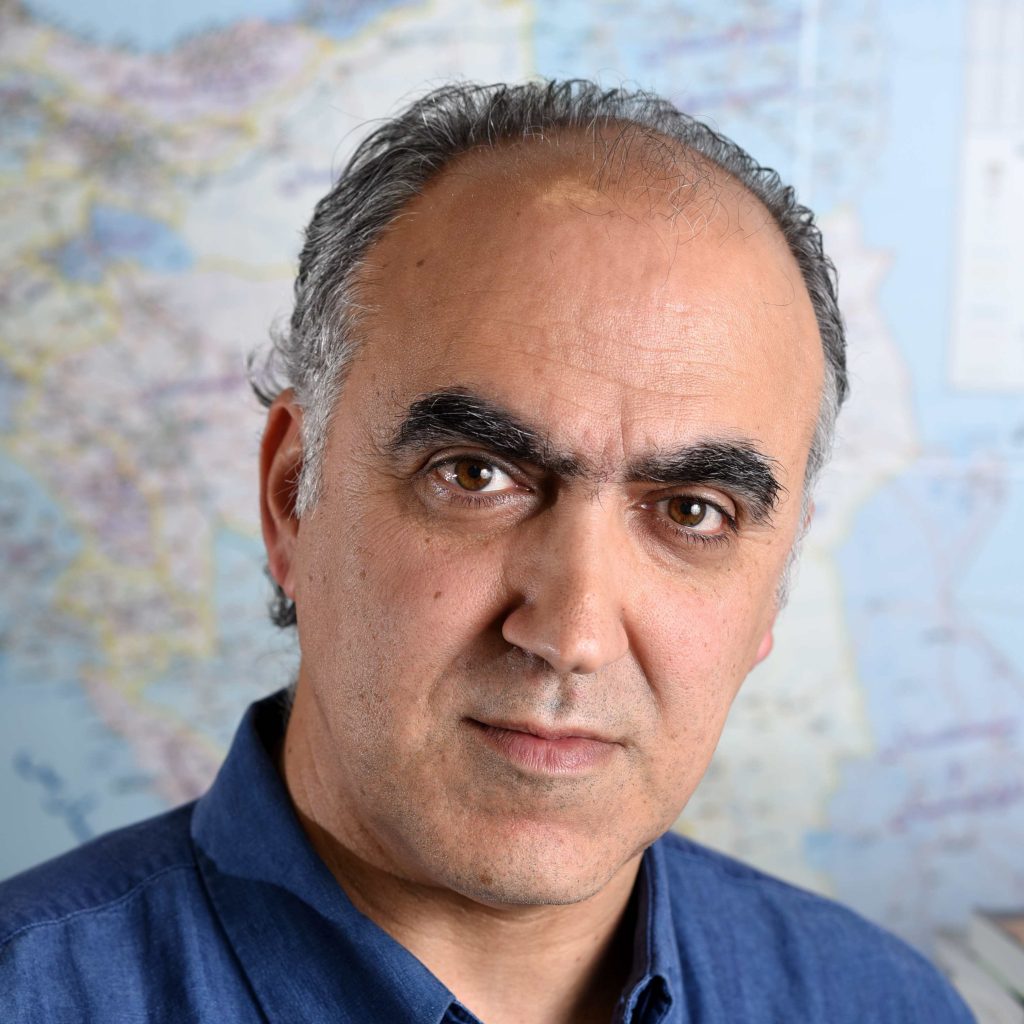- 11 Jul 2017
Israel in a Changing and Shifting Middle East
Abstract
During recent years the Middle East has been undergoing major changes, which create new realities, which in turn produce new challenges but also unprecedented potential cooperation and collaborations. No doubt that the Islamic Revolution in Iran in 1979 was a major factor that put the entire Middle East in motion, while following major events – such as the Iran-Iraq , the 1st and 2nd Gulf Wars as well as the rise of al-Qa’ida – resulted in accelerating the process of this changes. Of more recent years, the so-called Arab Spring and the rise of Da’ish, have further intensified the currents and undercurrents in the Middle East, some of which flow in opposite directions. One of the main developments of those changes is the resurrection of the Sunni-Shi’i rivalry, which is most intensified in Syria, Iraq and Yemen, involving, for a change, a number of Middle Eastern states and regimes, as well as supra- and sub-state forces and powers, but not Israel.
The above has opened for Israel – the only Jewish state in the world and the only true democratic country in the Middle East – a new set of opportunities, but also new challenges. No doubt that the deterioration between the Arab countries of the Persian Gulf and Iran has drawn Israel closer than ever to the so-called moderate Sunni states; and the resumption of Israeli-Turkish cooperation has opened up new opportunities in the field of national security and energy. On the other hand though, the existence of Iranian and pro-Iranian forces not only in Lebanon, but also in Southern Syria, the combination of Iranian continued race towards a nuclear and advanced missile technology with frequent threats and statements to wipe out Israel, the developments in the Palestinian front and the remoteness of the Israeli-Palestinian peace negotiations, etc. – have all produced new challenges and threats for Israel.
In his talk, Dr Shahvar will attempt to delve on those opportunities and challenges and draw some conclusions as to the direction that Israel would have to take in response.
About the Speakers

Soli Shahvar is founding director of the Ezri Center for Iran & the Persian Gulf and a Senior Lecturer in Iranian Studies at the Department of Middle Eastern Studies at the University of Haifa. He holds an MA (cum laude) from Tel Aviv University and a PhD from the School of Oriental & African Studies (SOAS), University of London. Previously, Dr. Shahvar has taught at the Hebrew, Ben Gurion and Tel Aviv Universities.
Dr Shahvar’s research topics are wide ranging, with his recent works include The Baha’is of Iran, Transcaspia and the Caucasus, 2 vols. (London: I. B. Tauris, 2011); and The Persian Gulf: New Trends in Interdisciplinary Research (Tel Aviv: Ktav – Acedemic Series, 2014; in Hebrew).
He has also authored many articles and contributed a number of entries to the Encyclopedia Iranica and initiated a number of academic and civil-oriented projects notably becoming the series editor and academic advisor of the “Iran Culture Series”, in the framework of which classical and modern works from Iranian culture are translated into Hebrew which at the moment has produced a total of 6 books.
Dr Shahvar is a member of a number of international academic associations and societies, and a referee for a range of local and international academic bodies, periodicals and publishers. He is also a consultant, analyst and a commentator on Iranian, Israeli and Middle Eastern affairs for Israeli and the international media in Hebrew, English and Persian.




